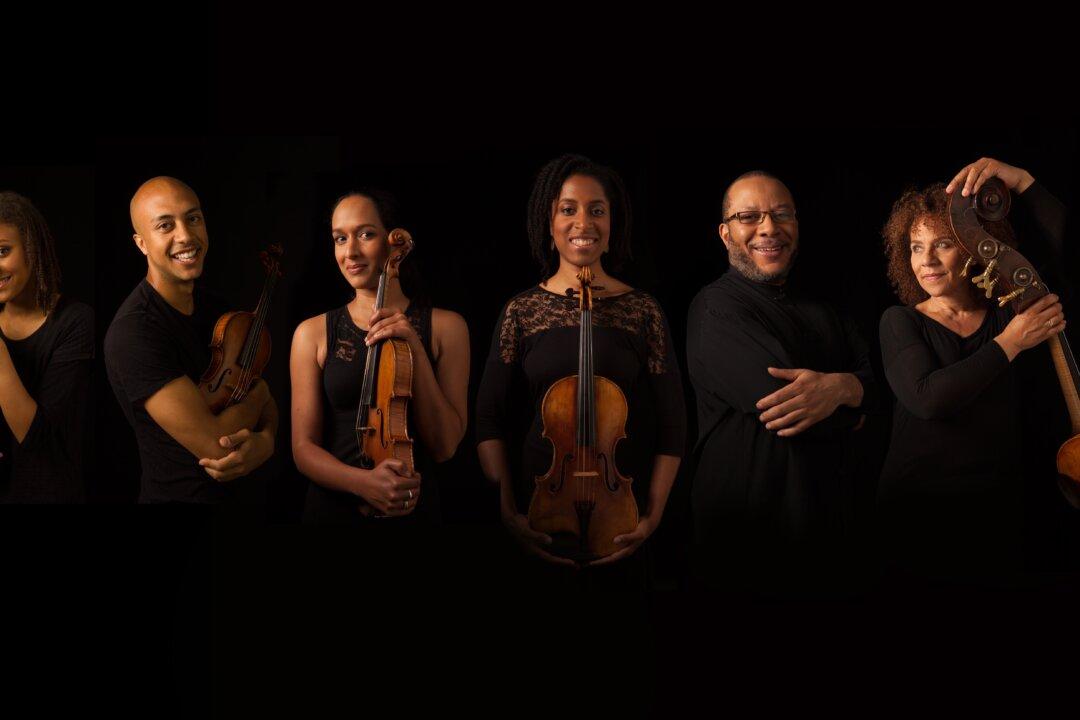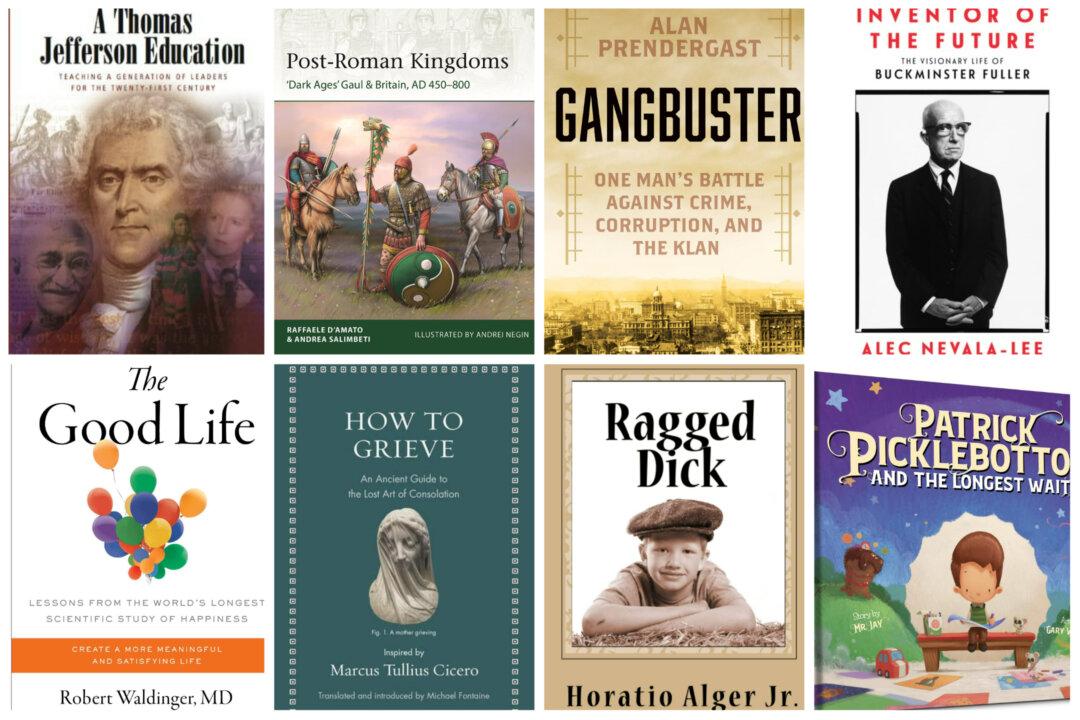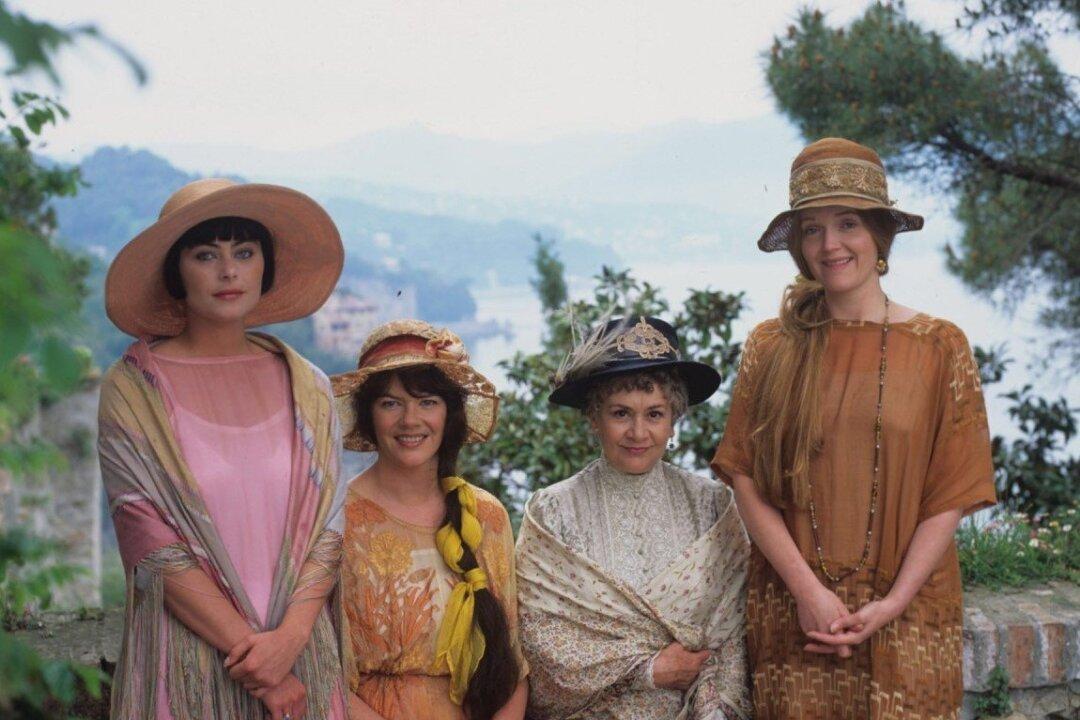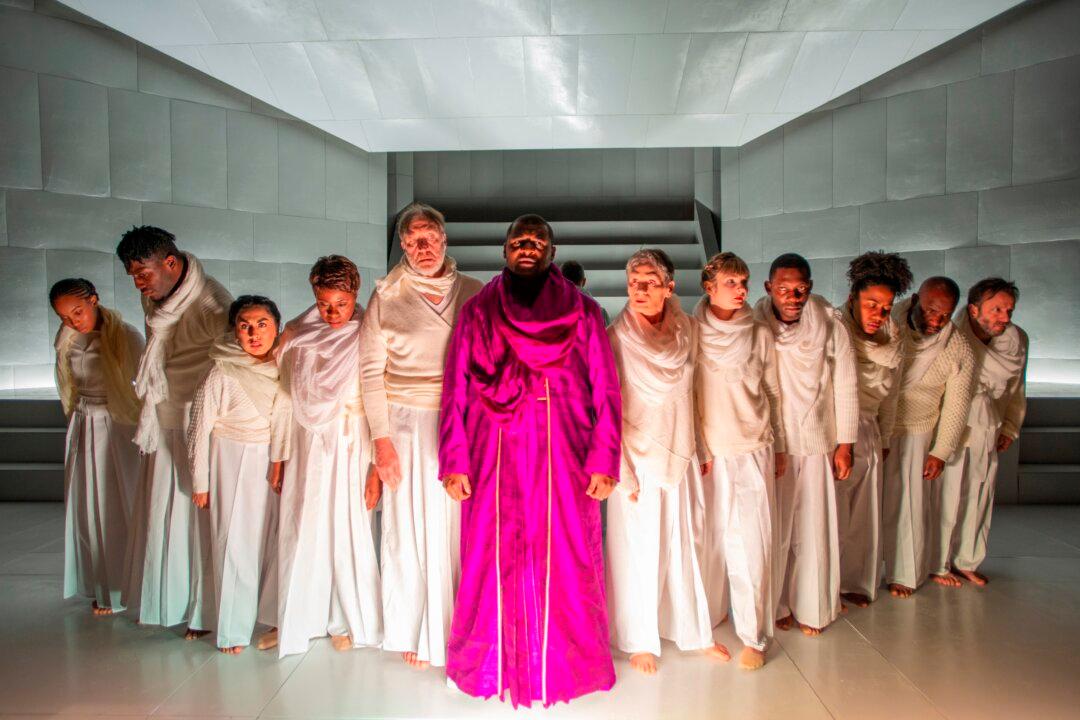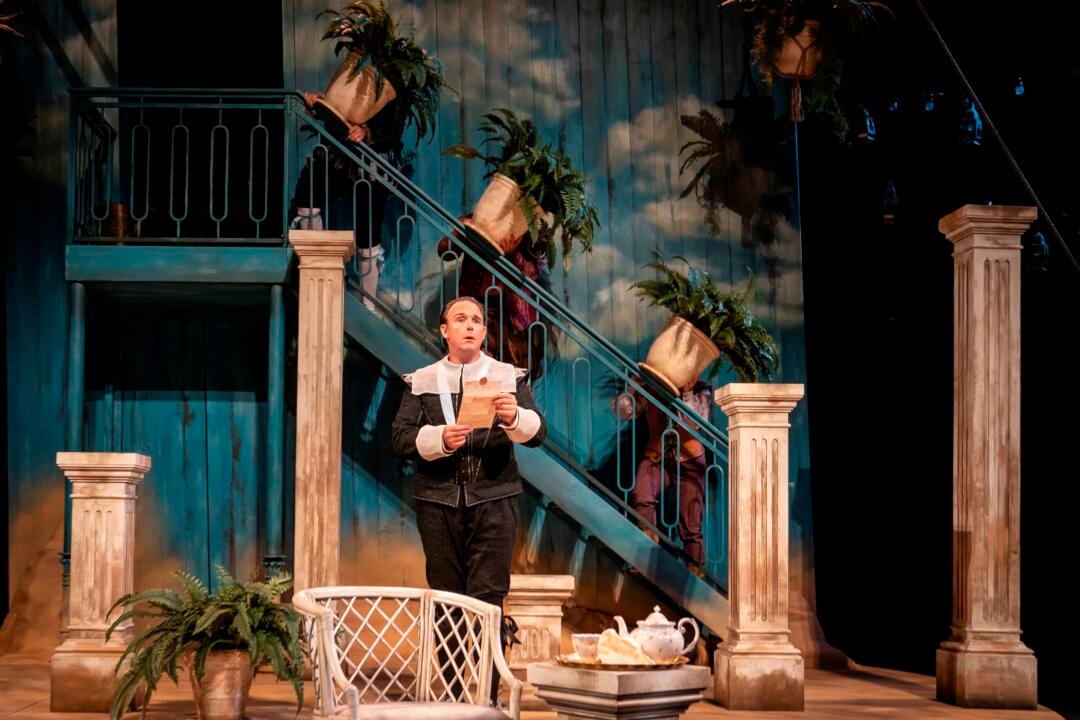For British double bassist Chi-chi Nwanoku, classical music is fundamentally important to the soul and a treasure from humanity’s past that should belong to all people.
“It’s like the importance of food, really. You need something to survive. You need something for your growth. ... Your cultural mind and spirit, it’s fed with classical music,” she said in a phone interview with the Epoch Times on Sept. 10, 2015.

Chi-chi Nwanoku playing double bass at the inaugural concert of the Chineke! Foundation. Zen Grisdale

